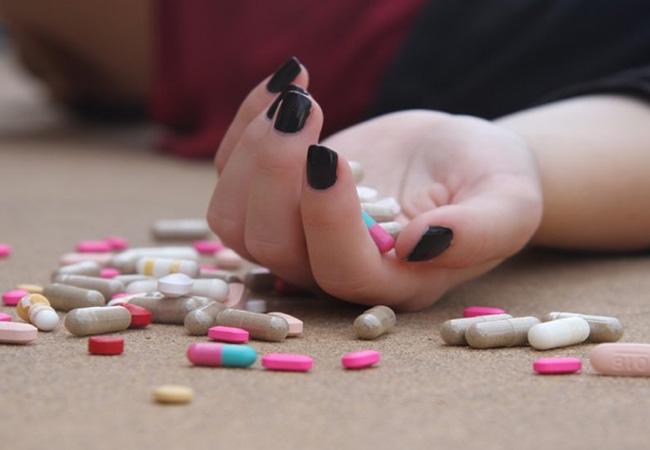Avoiding Alcohol One Day at a Time
There are many reasons that someone is avoiding alcohol. One of the main reasons is that they have entered into recovery and are trying to avoid this addictive substance. This can be a challenge as alcohol is often readily available at stores, restaurants, and bars. There are a few ways that you can avoid use as part of your daily routine. These are shared below.
Avoiding Alcohol
While alcohol is found on every corner in one way or another, and in the majority of advertising, it can feel like it is a necessary part of life. However, it is possible to survive without alcohol with some practical and simple ideas.
The two initial ideas are very related. It’s to make your intentions known and avoid temptation. It may not seem like much, but letting friends and family members know you are avoiding alcohol can make it easier so that they do not offer you alcohol. Related to this, avoid temptations. Instead of going to a restaurant with a bar, choose something else or do take out. Try not to go into stores that sale alcohol and if you do, avoid those aisles. Skip parties where alcohol will be present. If friends are drinking, do not be afraid to walk away. Even small changes like keeping a glass of water beside the couch or bed instead of a beer or wine can make a huge difference.
Reward Yourself
As you continue to live alcohol free, keep track of the days and set rewards. Reward yourself with a new top after a week or a movie ticket after two weeks. Giving yourself something to work for can make the lack of alcohol more bearable. As you stop using alcohol, you will likely start to feel better and will have extra disposable income from the savings. If you find yourself in a situation where you are asked to drink, make sure you have a practiced way to say no politely. Some people make the offer without thought. Remember they will not be offended by a gentle no. Those that get pushy are people you simply have to walk away from. Your sobriety is more important than not hurting feelings.
Finally, ask for support when you need it. Everyone has bad days and there may be times that you slip up and drink. But all you need to do is stop and start fresh again. If you feel like you can’t resist then do something to keep your mind and body occupied. Exercise, spent time singing, go for a walk. Do any activity that keeps your hands and mind occupied will help keep you from drinking.
Getting Help

If you or a loved one is trying to stop using alcohol or has been in recovery and is now struggling, then rehab should be considered. Alcohol withdrawal can be difficult and dangerous so a professionally staffed rehab facility is a must. DARA offers a highly trained staff and counselors who will help each individual find their well-being in a resort style facility. Enjoy working out and working through personal issues related to alcohol while you build the tools necessary to reintegrate into your life. You are worth the time and effort, so make that call.
CLICK HERE to get a Free Confidential Addiction Rehabilitation Assessment.


















